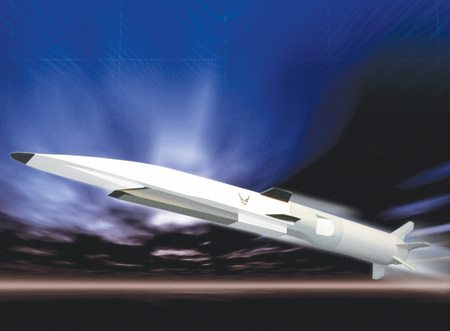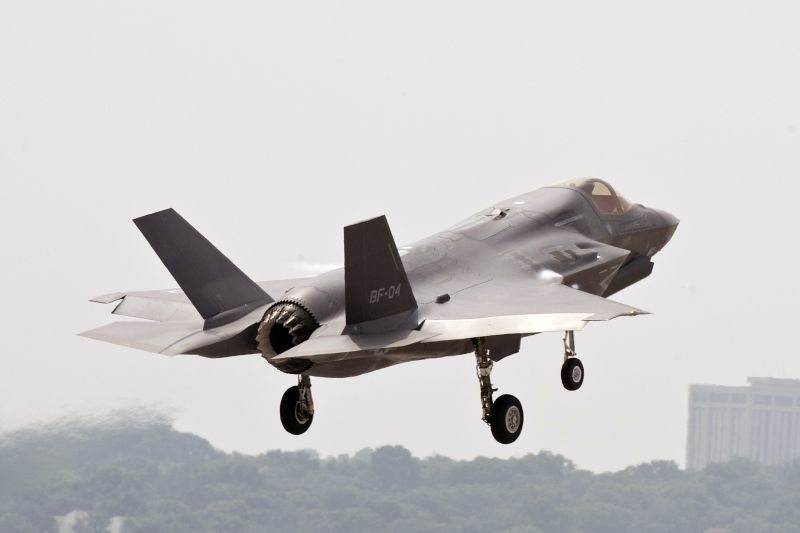The U.S. military said Tuesday it has awarded contracts to three companies to design an experimental spaceplane conceived as a reusable, unmanned booster with costs, operation and reliability similar to modern aircraft.
The companies selected to develop the XS-1 spaceplane are Boeing, working with Blue Origin; Masten Space Systems, working with XCOR Aerospace; and Northrop Grumman, working with Virgin Galactic, the Defense Advanced Research Projects Agency (DARPA) said in a statement.
“We chose performers who could prudently integrate existing and up-and-coming technologies and operations, while making XS-1 as reliable, easy-to-use and cost-effective as possible,” said Jess Sponable, DARPA’s spaceplane program manager. “We’re eager to see how their initial designs envision making spaceflight commonplace – – with all the potential military, civilian and commercial benefits that capability would provide.”
The XS-1 program aims to develop a fully-reusable unmanned vehicle that would provide aircraft-like access to space and deploy small satellites to orbit faster and more affordably using expendable upper stages.
According to the DARPA, the XS-1’s first stage will fly to a suborbital altitude at hypersonic speeds and then return to earth, land and be prepared for the next flight. One or more expendable upper stages will separate and deploy a satellite into low-Earth orbit.
Key XS-1 technical goals include flying 10 times in 10 days, flying to Mach 10+ at least once and launching 3,000- to 5,000- pound (1,361 to 2,268 kilograms) payloads to orbit for less than 5 million U.S. dollars per flight.
In Phase 1 of XS-1, the selected companies will develop a demonstration vehicle, conduct critical risk reduction of core component technologies and processes, and develop a technology maturation plan for a flight test of XS-1 system capabilities. The agency will hold a Phase 2 competition next year for the follow-on production order to build the vehicle and conduct demonstration flights.
Boeing said in a separate statement that the company’s preliminary XS-1 design contract is worth 4 million U.S. dollars and that it will focus its work on the XS-1’s reusable first stage.











